News
UVA Engineering's faculty and students work to improve human health and create a sustainable and secure future.
-
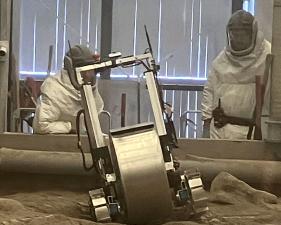
UVA’s Moon Robot Collects Awards in NASA’s Lunabotics Challenge
Read NowUVA Engineering’s moon rover team won top innovation and other awards at the 2025 NASA competition by drawing on smart engineering principles and past experience.
-
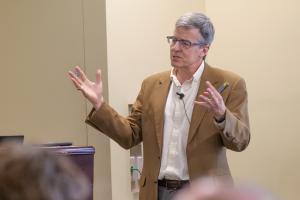
Bioelectronics Pioneer Discusses Wireless NICUs, Rewired Amputees
Read NowThe path to better health is sometimes skin deep. John A. Rogers delivers the inaugural Jefferson Engineering Lecture.
-
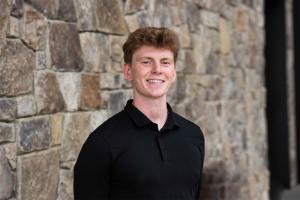
UVA Engineering Celebrates 2025 NSF Graduate Research Fellowship Program Awardees
Read NowUVA Engineering has six new National Science Foundation Graduate Research Fellows and numerous current, incoming and past students who earned honorable mentions in the highly competitive GRFP program.
-
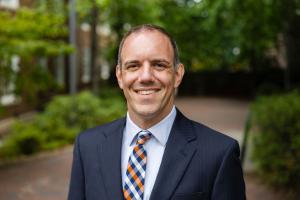
UVA Chemical Engineer Leads as Editor of a Prominent Journal in his Field
Read NowChemical engineering’s Geoff Geise is on a roll with a new editorship appointment and recent “Editors’ Choice” honors for research that helps address a national energy priority.
-
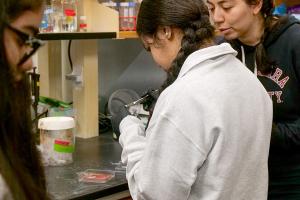
Cool School: Buford Biomedical Investigators Connect Learning to Active Research
Read NowMiddle school is a time of figuring out who you are and what interests you. Two UVA biomedical engineering Ph.D. students built an afterschool program to tap the engineer within.
-
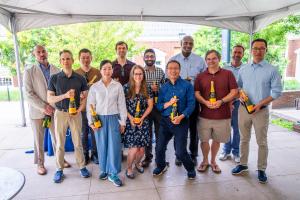
UVA Engineering Announces Newly Promoted and Tenured Faculty
Read NowThe University of Virginia School of Engineering and Applied Science is proud to recognize the outstanding faculty members who have been promoted this year.
-
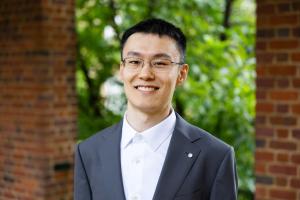
Forbes Names UVA Engineering AI Researcher Yu Meng to ‘30 Under 30’ Asia List
Read NowA UVA computer science assistant professor has made Forbes’ list for his research to enhance the reasoning capabilities of AI, as well as how to develop the technology more responsibly.
-
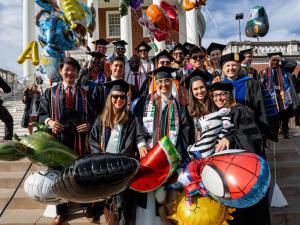
Celebrating the Class of 2025
Read NowThe Class of 2025 has exemplified innovation, resilience and a commitment to engineering for the greater good throughout their academic journey.
-
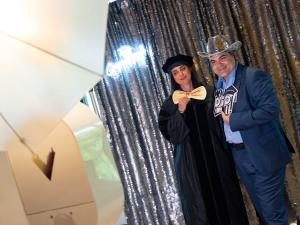
In Photos: Ph.D. Student Graduation Reception
-
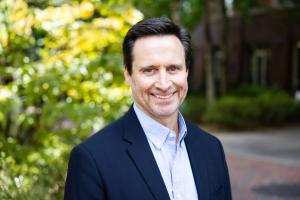
UVA Innovation Offers Hope for Safer Brain Lesion Treatment
Read NowUVA biomedical engineer says UVA’s investment in focused ultrasound technology led to a discovery that halts brain lesion growth and redefines noninvasive treatment potential.
-

In Photos: Mechanical and Aerospace Engineering Diploma Ceremony
-
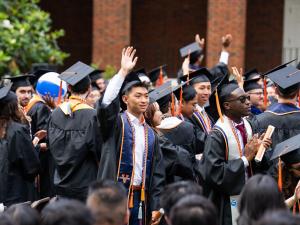
In Photos: Electrical and Computer Engineering Diploma Ceremony